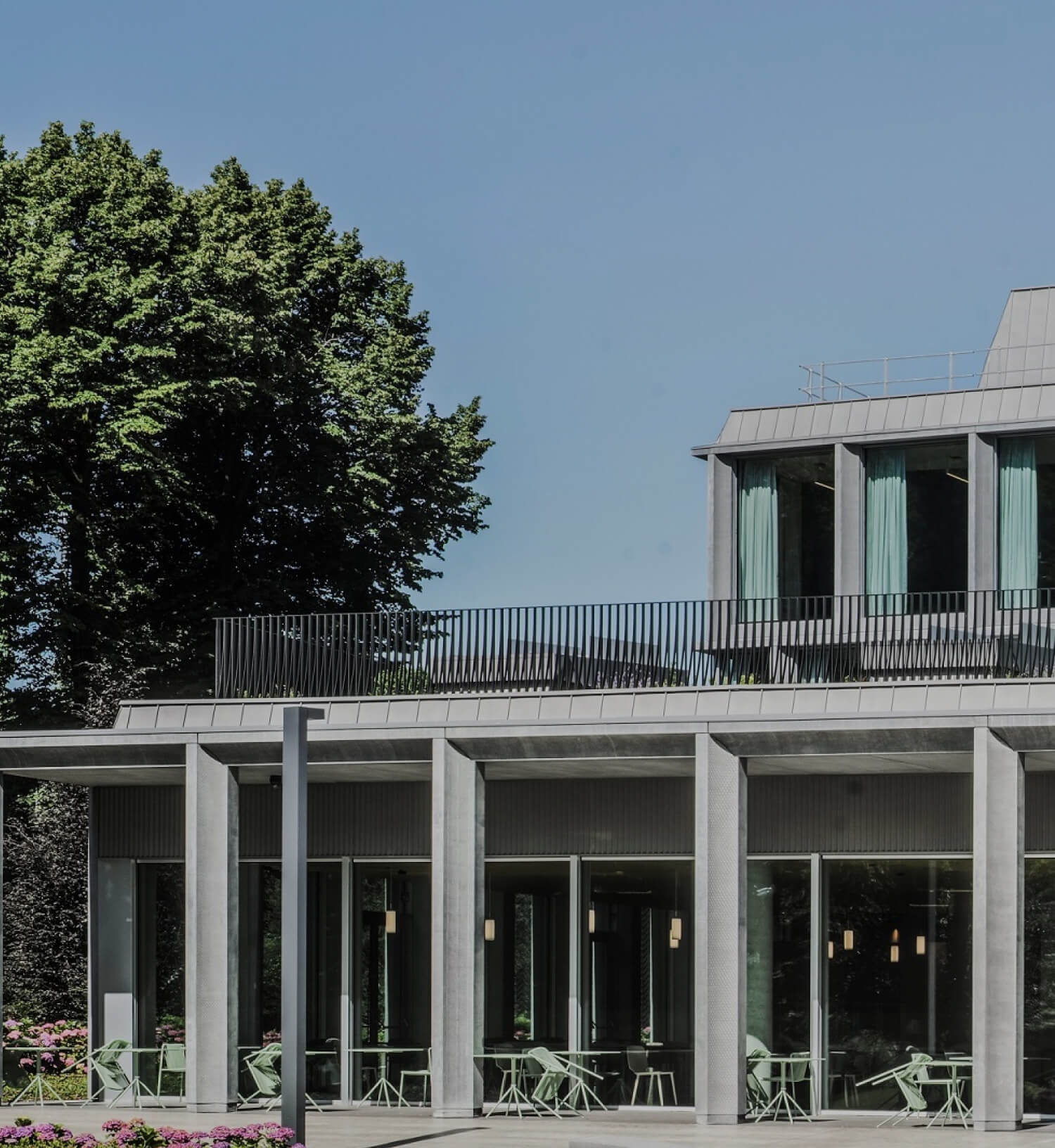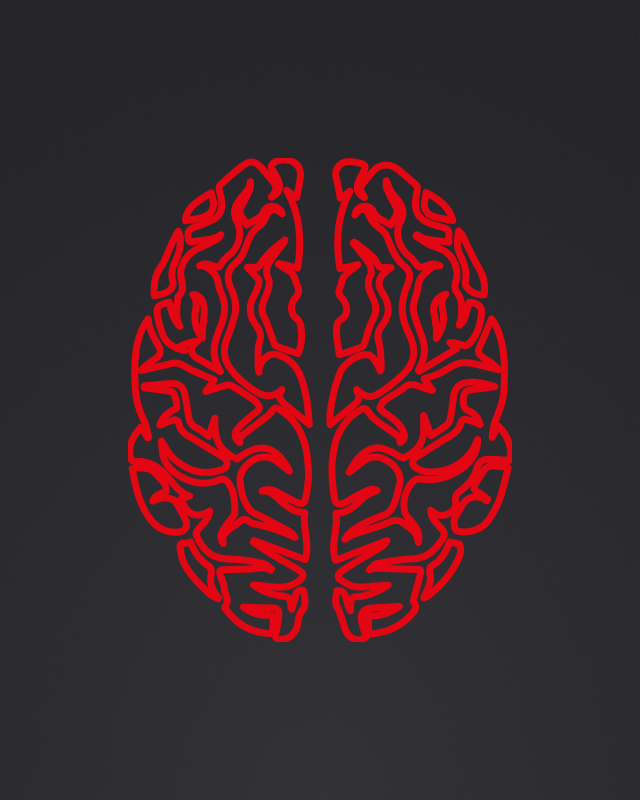When does knowledge start?
"If a man does not know what a thing is, it is at least an increase in knowledge if he knows what it is not." C. G. Jung
The 'What Am I?' game works like this: someone puts a Post-It note with the name of something on your forehead and you have to guess what it is. But how? They mime what it is in front of you so you can work it out. It all started like this: my sister looked me in the eye, puffed out her cheeks and stretched out her arms, repeatedly touching her temples and squinting her eyes, shaking her head at me whenever I got the answer wrong: "Am I a frog?" "No... Ah, am I the wind?" "No of course not, how silly of me: I'm a bagpipe!" When the game was over I removed the note from my forehead.
"Knowledge!" – I heard her cry – "Knowledge! How come you don't get it!"
We were at a party. I poured myself a drink. I remained silent but that question stayed with me forever.
"Knowledge! How come you don't get it?"
"Why can't you understand what knowledge is?" "Because I don't understand it."
During my university days my girlfriend used to send me a love letter every day – in carbon copy. That is, the first recipient was not me, it was her mother. But just before she sent it she would cc me in. At first I thought how lovely, then I left her. Is this knowledge? A carbon copy of love? Another time, a friend of mine, who now works for Google – he works in artificial intelligence; I like to call him 'the Mind' – opened his patio doors and started stroking his cat, named Why, then hurled it out of the window. The sound of Why's
meeeeeeooooooooowww is still impressed in my mind even today.
"What on earth are you doing? !" I cried. "It's the thirst for knowledge!" he replied. He just wanted to see what would happen.
But Why didn't fall to the ground right away: he managed to catch hold of the branches of a tree, which broke his fall. In fact, the cat came through the ordeal with barely a scratch. Is this what knowledge is? My sister with puffed out cheeks? A friend who has a penchant for throwing cats out of windows? If someone way out in the depths of the cosmos could send me a clue to help me understand... I swear, I'm groping in the dark. I don't understand.
I once read somewhere that we have no knowledge of our lives before the age of three. Basically, there is a fraction of our lives that lasts for almost 1,000 days of which we have not only no memories, but no knowledge at all. I think it's probably true, but that's not what interests me. What interests me is my son. He's three years old. If you think about it, this means that until now, or for the moment, he has no knowledge of his entire life. I don't mean consciousness: of course, something of that time will obviously remain in his consciousness, a trace, a sensation, like the hidden part of an iceberg, but there is no knowledge. Nothing.
Essentially, not only do I not know what knowledge is, but I also know that it does not exist at the start of life. That it begins in chaos.
For my son, that certain things end up lost in the black hole of his consciousness is probably not a bad thing. He will not have any knowledge of that time he tripped and cracked his eyebrow open on the corner of the kitchen sideboard. How old was he, two? Yes, he was two. He also won't remember the mad dash to the hospital, while his mother kept his wound closed with make-up remover pads. What an ingenious idea! His mother saved his eye. And he will never know. Ever.
He won't even be aware of those months, Four? Six? Eight? – I'm having trouble remembering myself – when he only saw his grandparents from the head up. Pale, flat, bodiless, disconnected yet connected faces. Digital smiles composed of bytes. I can see you, but I can't hear you; I can hear you now, but I can't see you.
Christmas dinner with the iPad at the head of the table. A feeling of solitude that he will not remember. That's a good thing. Of course, wherever these things go is also where his first 1,000 days of parental love, first steps and words will end up. The first time you were held in someone's arms; the naps on a shoulder.
It's the same thing every evening: "Can you tell me the story about the Big Bad Wolf?" But if I ask him: "Do you remember the story of the Big Bad Wolf?" he says he's never heard it before. Or that time when I tried to persuade him not to poo in his nappy by promising him a toy car for every poo he did on the toilet. He won a hundred of them. And then I won an important writing award and I dedicated it to him. He took the plaque, stood on stage and in front of the audience he said: "Daddy, did you win that with poos as well?".
At what point will my son's knowledge, that thing that we base our entire lives upon, even though we do not really know what it is, actually begin? Could it have been just 10 minutes ago when I said: "Sorry, my love, I can't play with you right now, I have to write an article", and I watched him walk off with a ball in his hand? How sad. Is this how his knowledge of the world will begin? With me writing these lines? I make mistakes – parents always do – but every day I look at my son and I tell him that I love him. Then I tell him how much, in terms of a distance. "I love you from here to grandma's house". The next day I take it even further : "I love you from here all the way to the end of grandma's street. I love you from here to New York and back again", I will tell him. And again, later, from here to Honolulu. Just because I do not know what knowledge is, it doesn't stop me from knowing that one day it will begin. And then everything changes. It will happen soon. And I want his, my son's, knowledge to start with me telling him that I love him. And I hope one day he will say to me: "Yes, I know, Daddy: from here to Timbuktu".
Or many thousands of miles and kilometres of love, in the hope that this will be the baggage he carries until that day when knowledge will become an unfathomable flying cat or some other mystery of life.

